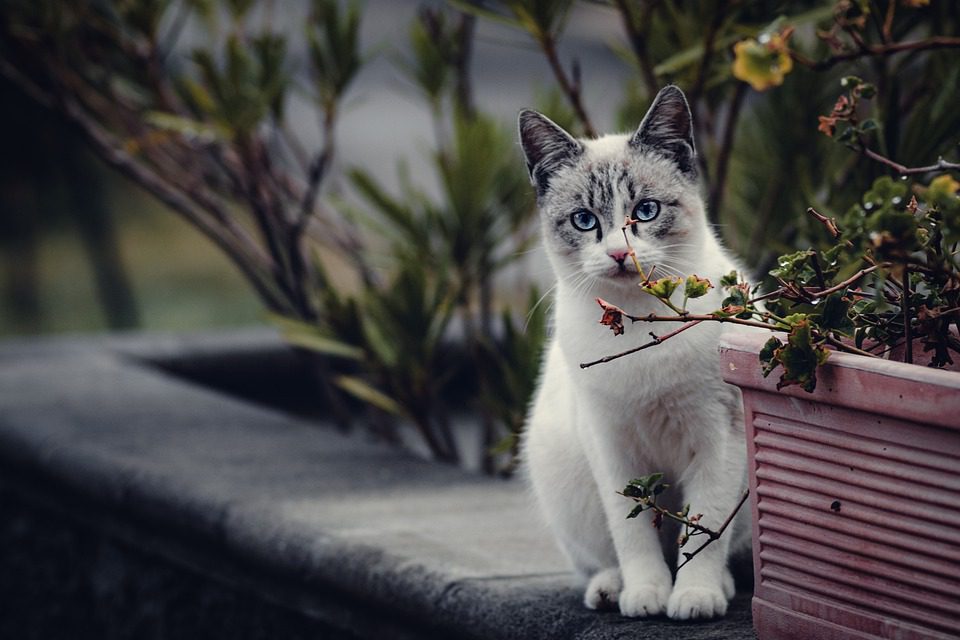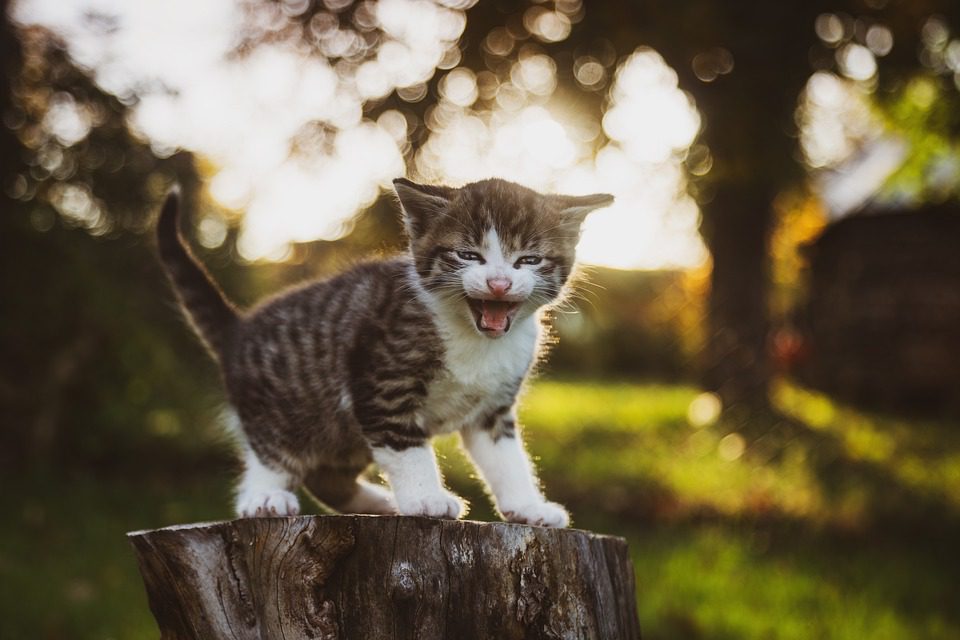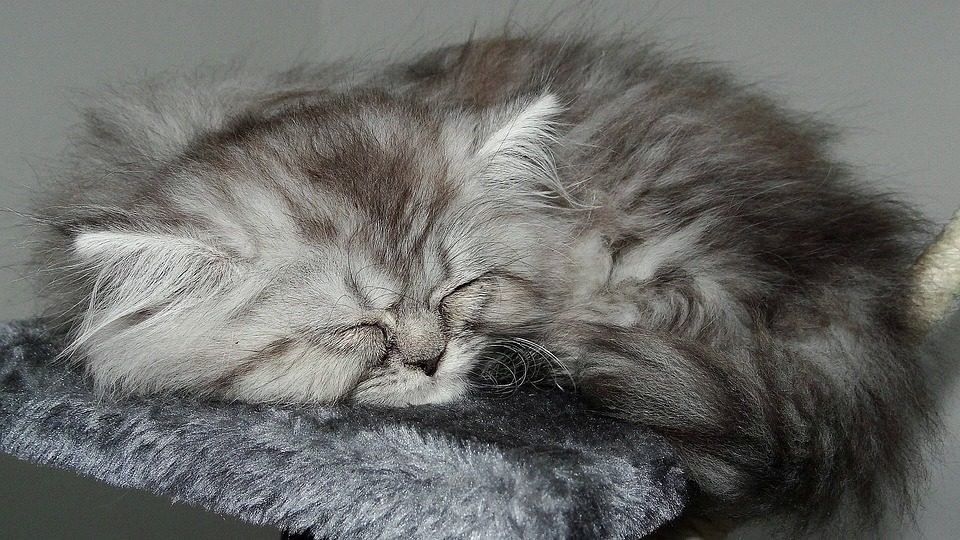Cats are sensitive creatures that can be easily stressed by changes in their environment. Stress can manifest in a variety of ways, ranging from behavioral changes to physical symptoms. To ensure that your cat is not experiencing any unnecessary stress, it is important to understand how to tell if a cat is stressed. By recognizing the signs of stress and addressing the underlying cause, you can help your cat remain calm and content.
Signs of Stress in Cats
Table of Contents
Cats are not as expressive as dogs, but that doesn’t mean they don’t experience stress. Knowing the signs of stress in cats can help you take steps to reduce it and keep your pet healthy.
What Causes Stress in Cats?
Cats can become stressed for a variety of reasons. An unfamiliar environment, a new pet or family member, a change in routine, or even loud noises can all cause stress. Even seemingly positive changes, such as a move to a new home, can be stressful for cats.
Behavioral Signs of Stress
One of the clearest signs of stress in cats is a change in behavior. Cats may hide more, become clingy, or act out in ways they didn’t before. Cats may also start to groom themselves excessively, or they may become more aggressive or vocal.
Physical Signs of Stress
Stressed cats may also develop physical symptoms, such as an upset stomach, vomiting, or diarrhea. They may also lose their appetite or lose weight. Other physical signs of stress include dilated pupils, trembling, panting, or excessive licking or grooming.
How to Reduce Stress in Cats
There are a few steps you can take to reduce stress in cats. Make sure your cat has a safe, quiet place to retreat to, such as a cozy bed or a cat tree. Provide plenty of toys and scratching posts to help your cat release stress. Keep your cat’s routine as consistent as possible, and avoid making sudden changes.
When to See a Vet
If your cat is exhibiting signs of stress that don’t improve, or if the behavior becomes worse, it may be time to see a veterinarian. Your vet can help you determine the cause of your cat’s stress and develop a plan to reduce it.
Cats are masters at hiding their emotions, but with a little bit of observation and understanding, you can tell when your cat is feeling stressed. Pay attention to your cat’s behavior and take steps to reduce stress when necessary. With the right care, you can help your cat stay relaxed and healthy.
## Common Myths About Stress in Cats
1. Myth: Cats don’t experience stress.
Fact: Cats are highly sensitive animals and can experience stress just like humans. Stress in cats can manifest in different ways, such as changes in appetite, vocalizations, or aggressive behaviors.
2. Myth: Stress in cats is always caused by external factors.
Fact: While external factors such as a change in environment or loud noises can cause stress in cats, internal factors such as a health issue or an imbalance in hormones can also be the cause.
3. Myth: Stress in cats can be determined by observing physical behavior.
Fact: While physical behaviors such as a lack of grooming or hiding can be indicative of stress in cats, it is important to look for other signs such as changes in eating habits or vocalizations.
Frequently Asked Questions
What are the signs of a stressed cat?
Signs that a cat is stressed include changes in appetite, hiding, increased vocalization, aggression, excessive grooming, and changes in litter box use.
What can I do to reduce my cat’s stress?
There are several things you can do to reduce your cat’s stress. Providing a safe and comfortable environment, giving your cat plenty of mental and physical stimulation, providing plenty of hiding places throughout the house, and allowing your cat to have regular access to the outdoors can all help reduce stress. Additionally, using calming supplements and pheromone sprays can help reduce your cat’s stress levels.
Conclusion
.
Cats can become stressed for a variety of reasons, such as a change in routine or a new pet. Behavioral signs of stress include hiding, clinginess, aggression, and excessive grooming. Physical signs of stress include dilated pupils, trembling, panting, and weight loss. To reduce stress, provide a safe and quiet spot, plenty of toys, and a consistent routine. If stress persists, see a veterinarian. With the right care, owners can help cats stay relaxed and healthy.





